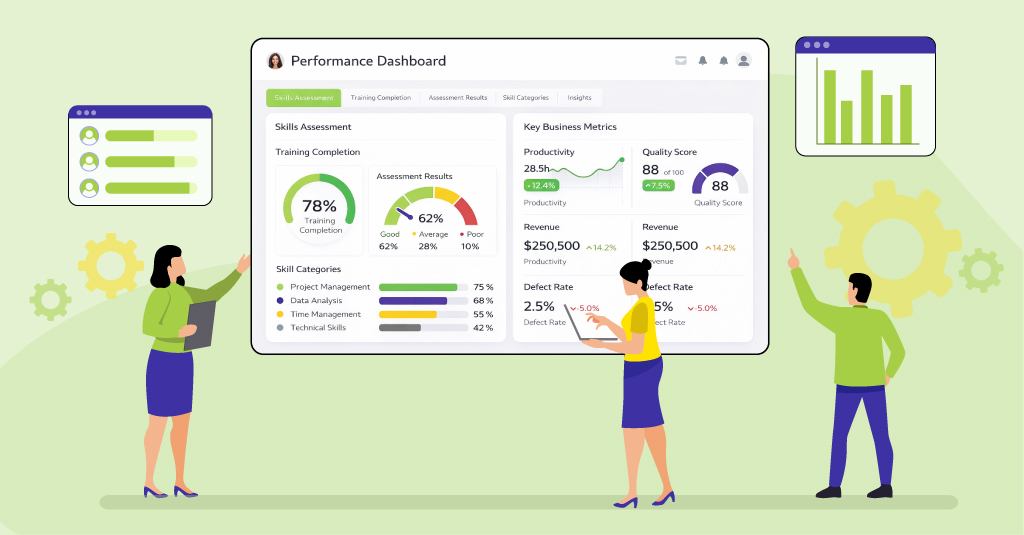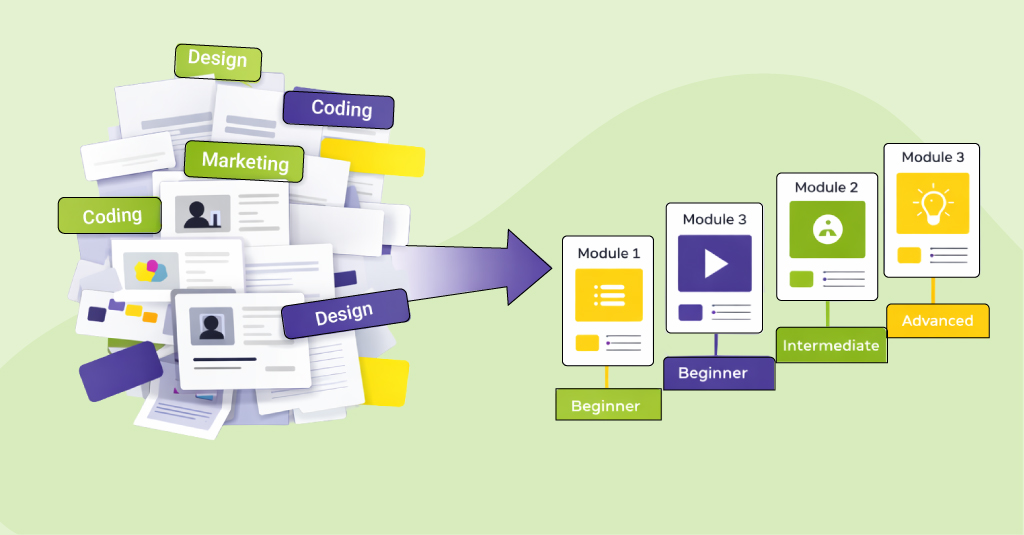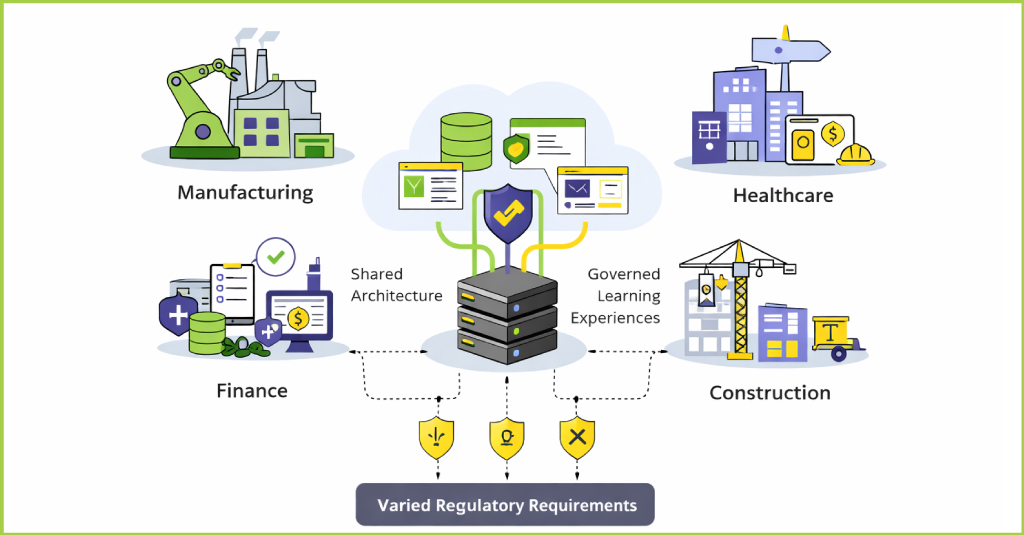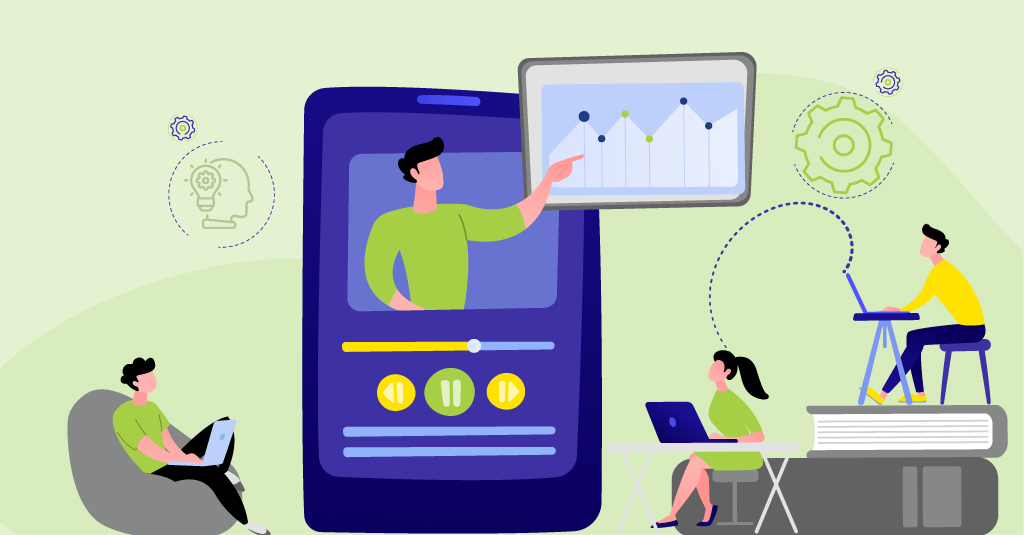More and more organizations are coming to the realization that they need to “mobilize” their content.
How to best make that happen is the tricky part, as there are a multitude of things to consider such as:
- What types of content lend themselves to mobile?
- Which employees will most benefit from mobile content?
- Do we want to do the conversion internally or outsource?
- If internal, do we have the bandwidth to support a mobile conversion effort?
- By what means (platform) will we deliver mobile content?
A key factor in successfully converting content to mobile is having a sound content strategy in place. Having interacted with a number of companies on this topic, this is typically when an organization either realizes they are ready to move forward with such an effort or they need to go back to the drawing board and develop a more comprehensive strategy for mobile learning.
From our experience, when a well-defined mobile content strategy is in place, clients often find that a great deal of their content has value on a mobile platform.
Some examples of content that Upside has converted to mobile learning for clients includes:
- Performance Support Material (i.e., job aids, checklists, etc.)
- Instructor-Led Training (ILT)
- eLearning
- Product Training
- Onboarding Training
- Leadership / Talent Management Programs
That being said, it’s important to understand what content works best on a mobile platform.
Based on the content we’ve developed for mobile learning, certain types/durations of learning are best consumed on a desktop or Tablet – such as a 30+ minute course or full-length eLearning module. However, many clients have engaged us to “whittle down” ILT content down to smaller chunks (to include knowledge checks and/or video snippets) to extend learning first delivered in the classroom or via Tablet.
I believe it’s worth noting that a number of the mobile learning conversion projects we’ve done have centered on Performance Support (PS). More specifically, for sales and compliance-centric activities; as both include repeatable processes and procedures designed to ensure success and in the realm of compliance – safety. Productivity/execution gains from embedded PS via mobile learning is one of the strongest ROI cases an organization can make for undertaking a mobile learning initiative.
Yet within the mLearning domain, it’s also key to consider the user experience. In other words, designing mLearning in a way that delivers value to the user at their time of need and within their workflow. In essence, consider whether the content lends itself to core features and functionality of mobile learning such as:
- Smaller learning chunks or snippets
- Push or pull notifications (just in time/At point of need)
- Knowledge checks or concept/skill review via video snippet
- ‘Help’ for quick user reference
- ‘Search’ to get answers to critical questions
Mobile learning is not the holy grail for learning and skill fluency. But rather another means for driving individual and organizational performance and therefore can be an important component of an overall learning strategy.
So where are you on your mobile learning journey?


















